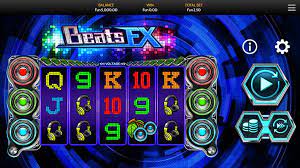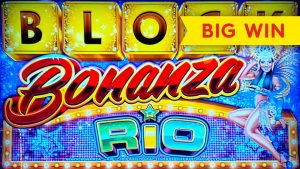
50 Dragons
By examining dragons in various cultures, we gain insight into collective fears, aspirations, and the universal quest for understanding in an unpredictable world. Each tale emphasizes the importance of balance, respect, and harmony with nature, making dragons powerful allegories for human experiences nhà cái ABC8
The Role of 50 Dragons in Modern Media
Dragons have evolved significantly in modern media, adapting to contemporary narratives while maintaining their mythical essence. From movies to video games, dragons continue to captivate audiences, taking on new identities that resonate with contemporary themes.
50 Dragons in Film and Television
The portrayal of dragons in film and television has diversified, reflecting changing societal values and interests. One of the most iconic representations is seen in the “How to Train Your Dragon” franchise, which reimagines dragons as companions rather than adversaries. The series explores themes of friendship, acceptance, and understanding, challenging traditional notions of dragons as fearsome beasts.
Similarly, HBO’s “Game of Thrones” brought dragons back into the spotlight, portraying them as powerful assets in the political struggles of Westeros. Here, dragons become symbols of power and dominion, reinforcing the idea that might often dictates authority. Daenerys Targaryen’s connection with her dragons serves as a metaphor for her own journey and evolution as a leader, highlighting the complexities of power dynamics.
Furthermore, animated shows, such as “Dragon Ball Z,” present dragons as sources of wish fulfillment and hope. Shenron, the Eternal Dragon, embodies the desire for wishes to be fulfilled, symbolizing the dreams that drive characters throughout their adventures. Such portrayals emphasize the multifaceted nature of dragons, showcasing their ability to inspire resilience and determination.
50 Dragons in Video Games
The gaming industry has embraced dragons, incorporating them as formidable foes, allies, or transformative elements within narrative-driven gameplay. Titles like “The Elder Scrolls V: Skyrim” allow players to engage in epic battles against dragons, elevating the stakes and immersing them in the rich lore of Tamriel.
Video games frequently use dragons as representations of inner conflicts and personal growth. In Dark Souls, encounters with dragons challenge players not only physically but also psychologically, forcing them to confront their fears of failure and adversity. Each dragon embodies a lesson, propelling the player toward self-improvement and mastery.
Moreover, games like “Monster Hunter” have transformed dragons into coveted trophies, pushing players to strategize and collaborate. In this context, dragons symbolize the pursuit of greatness and the thrill of overcoming seemingly insurmountable odds, creating a sense of achievement and camaraderie among players.
As modern media continues to evolve, dragons remain relevant, reminding us that these mythical creatures can be versatile instruments for storytelling, capable of conveying deep emotional truths and expanding our understanding of heroism and humanity.
The Impact of Dragons on Gaming Culture
The integral role of dragons in gaming culture extends beyond simple character design. They serve as catalysts for community building, competition, and creativity. The shared love for dragons often brings gamers together, leading to vibrant discussions both online and offline.
Fan fiction, fan art, and cosplay surrounding dragons flourish in various communities, showcasing the deep connection individuals form with these creatures. Players immerse themselves in expansive worlds dedicated to dragon lore, allowing for unique interpretations and explorations of dragon mythology.





